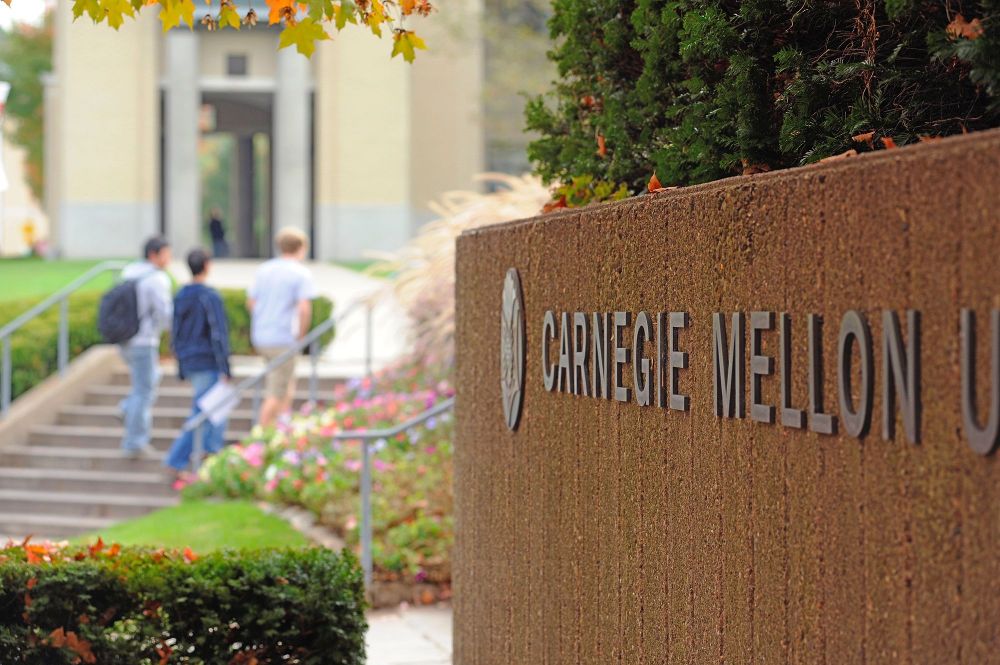Handle Difficult Moments with Respect & Sensitivity
Difficult dialogues in the classroom can happen in any discipline. They are often uncomfortable for both instructors and students. However, instructors must move past the discomfort and address the raised issues with respect and sensitivity.

The following will focus on difficult dialogues that can emerge in your classroom.
Hot Moments Microaggressions
Hot Moments
Hot moments are instances where conversation gets heated in the classroom. They can arise from microaggressions, or discussions of controversial topics. (Sue et al., 2009). Hot moments can be instigated by both students and instructors, either by a comment or an action that causes offense or hurt. Such moments often seem to spiral out of control and can be very intimidating to instructors and students alike.
How instructors react in those situations is crucial to classroom climate and future student learning. (Sue et al, 2009). Students rated de-escalation and reflective activities as more effective ways to deal with hot moments while rating humor or shutting down dialogue as the least effective ways to deal with hot moments (Burton & Furr, 2014). Students appreciated instructors who stepped into the discussion, legitimized the issue, and were willing to accept students’ differing realities (Sue et al., 2009). The strategies listed below aim to prevent hot moments from happening and to offer ideas on how to deal with it when they do occur.
Strategies for Inclusive Teaching
- Establish guidelines for interaction.
- Do not ask individuals to speak for an entire group.
- If a hot moment arises, acknowledge it.
- Include a diversity statement in your syllabus acknowledging difficult content.
- Prepare in advance: consider how you will respond.
References:
Burton, S., & Furr, S. (2014). Conflict in multicultural classes: Approaches to resolving difficult dialogues. Counselor Education And Supervision, 53(2), 97-110
Sue, D. W., Lin, A. I., Torino, G. C., Capodilupo, C. M., & Rivera, D. P. (2009). Racial microaggressions and difficult dialogues on race in the classroom. Cultural Diversity and Ethnic Minority Psychology, 15(2), 183-190.
Microaggressions
"Microaggressions are brief and commonplace daily verbal, behavioral and environmental indignities, whether intentional or unintentional, that communicate hostile, derogatory, or negative racial, gender, sexual orientation, and religious slights and insults to the target person or group” (Sue, 2010: 5).
Of course we as educators are not out to intentionally exclude anybody from the educational experience. However, many researchers report small unconscious behaviors – “microinequities” – that some student groups experience repeatedly. For instance, women report that instructors tend to interrupt them more often than men, ignore them more often, call on them less often, ask them more recall questions and fewer analytical questions, acknowledge their contributions less, and build on their answers less (Hall, 1982). These microinequities add up and have a highly discouraging effect on those students.
Microaggressions are often unintentional and tend to be harder for dominant groups to spot (in part because they are often the perpetrators). They have a mental, emotional, and physical effect on targets, which over time can impact long-term health and well-being. Both instructors and students can commit microaggressions in the classroom (for some examples, see Sue et al., 2009). This means that instructors should look at their own behavior and attitudes as well as the attitude of their students to monitor microaggressions.
To explore different types of microaggressions experienced everyday by students on campus, check out a project created by CMU students: Mind field
Strategies for Inclusive Teaching
- Examine your content for diverse perspectives.
- Establish guidelines for interaction.
- Do not ask individuals to speak for an entire group.
- If you notice a microaggression, acknowledge it.
- Be humble-apologize.
- Prepare in advance: consider how you will respond.
References:
Hall, R. (1982). The classroom climate: A chilly one for women? Washington, D.C.: Association of American Colleges.
Sue, D. W., Lin, A. I., Torino, G. C., Capodilupo, C. M., & Rivera, D. P. (2009). Racial microaggressions and difficult dialogues on race in the classroom. Cultural Diversity and Ethnic Minority Psychology, 15(2), 183-190.
Sue, D. W. 2010. Microaggressions in Everyday Life: Race, Gender, and Sexual Orientation, John Wiley & Sons.
Bolton, MA: Anker.